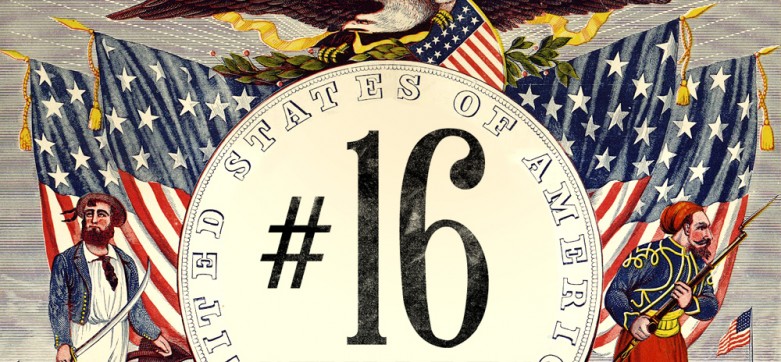
Hey America! We're #16
Q: Do you live in America?
If you answered “yes,” you can proceed directly to the “You live in a country ranked 16th in the world in broadband penetration, speed and price” section below.
You live in a country ranked 16th in the world in broadband penetration, speed and price.
It’s true. The U.S. ranks an average of 16th in the world in these three categories. That puts us behind countries like Portugal (15th), Belgium (9th) and Denmark (2nd), whose residents enjoy greater access to a faster, cheaper Internet than Americans do.
There’s one core reason for our poor global performance. As journalist Rick Karr explained in his film on the state of broadband in Europe, a simple “game changer” — competition — leads to better broadband.
But competition in the U.S. broadband market is virtually nonexistent. That means that millions of Americans live without high-speed Internet access, and those who do have it experience slower speeds and higher prices than their European counterparts.
Most U.S. residents have a choice of only one cable provider, with slower DSL and satellite providing a cheap façade of competition. Big broadband companies are all too happy to point to this “competition” whenever they’re asked why they’ve been allowed to become quasi-monopolies that dictate how — and for what price — we connect to the Internet.
Now the tiny sliver of broadband competition that still exists in America could disappear completely. Verizon and a group of cable companies including Comcast, Cox and Time Warner Cable have settled on a deal that would allow them to divide up the broadband market among themselves, leaving Internet users in the lurch.
In short, Verizon would purchase a big chunk of wireless spectrum owned by the cable companies in exchange for an agreement to resell those companies’ broadband services to its customers — customers who once hoped that Verizon would build out its own FiOS network to compete with these very same cable companies.
This deal amounts to an agreement between Verizon and these cable companies to stop competing. Whatever slices of the broadband market they currently dominate, they’ll continue to dominate — without the threat of competition. With that threat removed, these companies will have little incentive to lower prices, increase speeds or build out to underserved areas.
Meanwhile, Verizon’s wireless spectrum purchase would make the already concentrated mobile market even more so — with AT&T and Verizon controlling two-thirds of all wireless subscriptions, 80 percent of the most valuable wireless spectrum and 80 percent of the entire industry's profits.
The U.S. broadband market is in bad shape. More competition could help fix it, but shady business deals and bad government policies are fostering more concentration, not less.
How do we solve this competition problem? We’re asking Congress, the Justice Department and the FCC to block Verizon’s proposed deal. That’s a start. But we also have to support other forms of broadband competition, like municipally owned networks that compete with — and often beat — big incumbents like Comcast when it comes to speed, access and affordability.
Unfortunately, those incumbents have spent millions to pass state-level bills that outlaw such networks. A movement is coming together to support communities’ right to decide for themselves whether to build such systems. You can join it here.
You can also learn more about the history of corporations trying to control our access to basic utilities at the expense of residents who have depended on those utilities for their very survival. Indeed, many people see the battle for broadband as the 21st-century equivalent of the fight for rural electrification.
We oppose the Verizon-cable deal and support community-owned broadband networks for one simple reason: Without competition, companies will leave Americans behind when it comes to the basic information utility of our time.
If you care about preserving competition in the cable and wireless markets, please consider a donation to the Free Press Action Fund. Thank you.